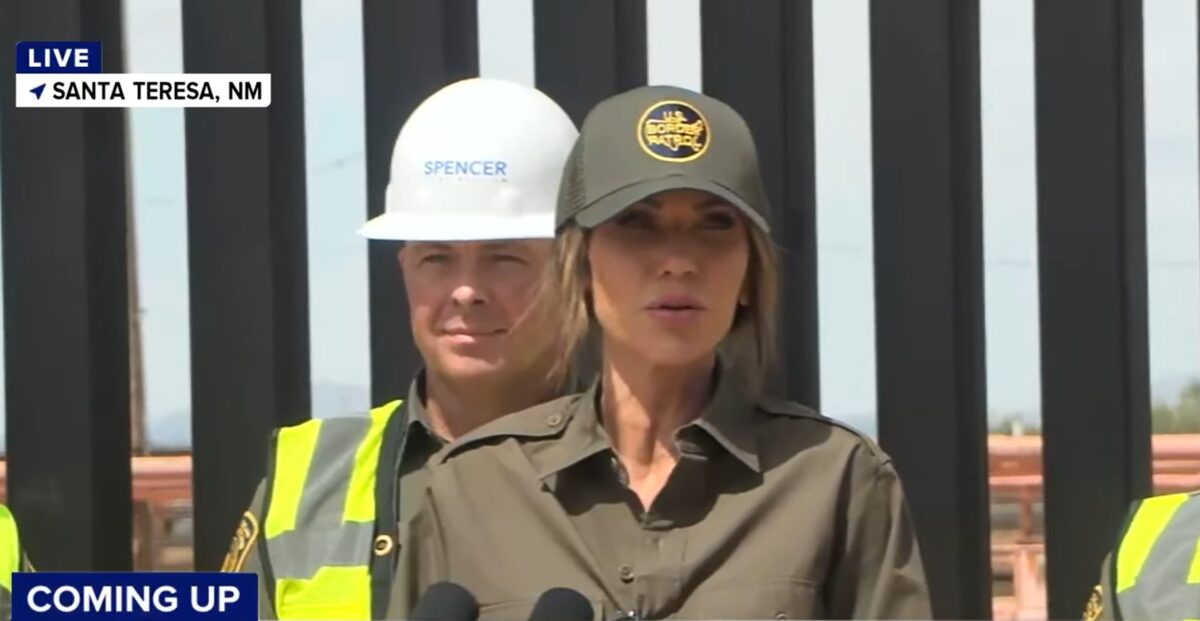Here’s a take on the latest: according to several news reports a new procurement document from the U.S. Immigration and Customs Enforcement (ICE) — part of the Department of Homeland Security (DHS) under Kristi Noem — suggests that the agency is exploring the hiring of private contractors (described in some outlets as “bounty hunters”) to track down undocumented immigrants.
Here’s what we know so far: the document in question apparently asks vendors to provide “Skip Tracing and Process Serving Services,” meaning contractors would gather, analyse, and verify information to locate individuals whose whereabouts are unknown. Under the plan, ICE would assign contractors “bundles” of immigrants to locate — starting at 10,000 names at a time, with the possibility of scaling up to 1,000,000 individuals. The document also mentions “incentive‑based pricing” and “monetary bonuses” for performance metrics: identifying a person’s correct address on the first try, locating a high percentage quickly, etc.
This is fascinating for a few reasons. First, if implemented it could dramatically boost deportation numbers and enforcement efficiency. For years many on the right have argued that U.S. immigration enforcement has lacked sufficient manpower, acted too slowly, and allowed large numbers of illegal entries or overstays to slip through. Bringing in private contractors could, in theory, provide additional capacity to do the heavy lifting. Second, it signals a tougher posture: under President Trump the immigration agenda emphasized ramping up removals and closing loopholes; this plan appears consistent with that emphasis. Third, it raises debates: how do we balance enforcement, due process, civil‑liberties safeguards, and taxpayer cost? More enforcement may appeal to conservatives concerned with rule of law and sovereignty, but it also raises questions about oversight, accountability, potential “incentives gone wrong,” and the impact on communities.
On the caution side: critics will argue this approach could resemble a private bounty system, perhaps incentivizing excesses or mis‑targeting, and could damage trust with immigrant communities (even those who are lawfully present). The idea of “monetary bonuses” for locating individuals raises ethical flags: What checks are in place? What about mistaken identity? What about the cost-effectiveness compared to hiring more federal agents? Also, what if Congress has not yet authorized this full strategy? And will this create a precedent of outsourcing core government enforcement functions?
From a practical conservative lens though it’s not unreasonable: if the goal is enforcement, removals, restoring the rule of law, then using private firms could be a pragmatic tool. The logic: there are hundreds of thousands of removable people at large; federal agents are few; adding contractors can increase capacity. At the same time, oversight and legal safeguards should go hand in hand, to ensure enforcement is measured, constitutional, and effective—not reckless.
So in short: yes, this could indeed “dramatically boost deportation numbers” if the contract goes forward and is implemented aggressively. It remains a plan at this point — a solicitation for information from vendors — not necessarily a fully executed policy. The bigger picture: it fits within a broader push for stricter immigration enforcement under Noem’s leadership of DHS, and aligns with conservative priorities of controlling borders, enforcing laws, and prioritizing citizens and the rule of law.
If you like, I can dig into how likely this is to pass Congress, how states react, and how this could play out politically ahead of the 2026 midterms.




Leave a Comment